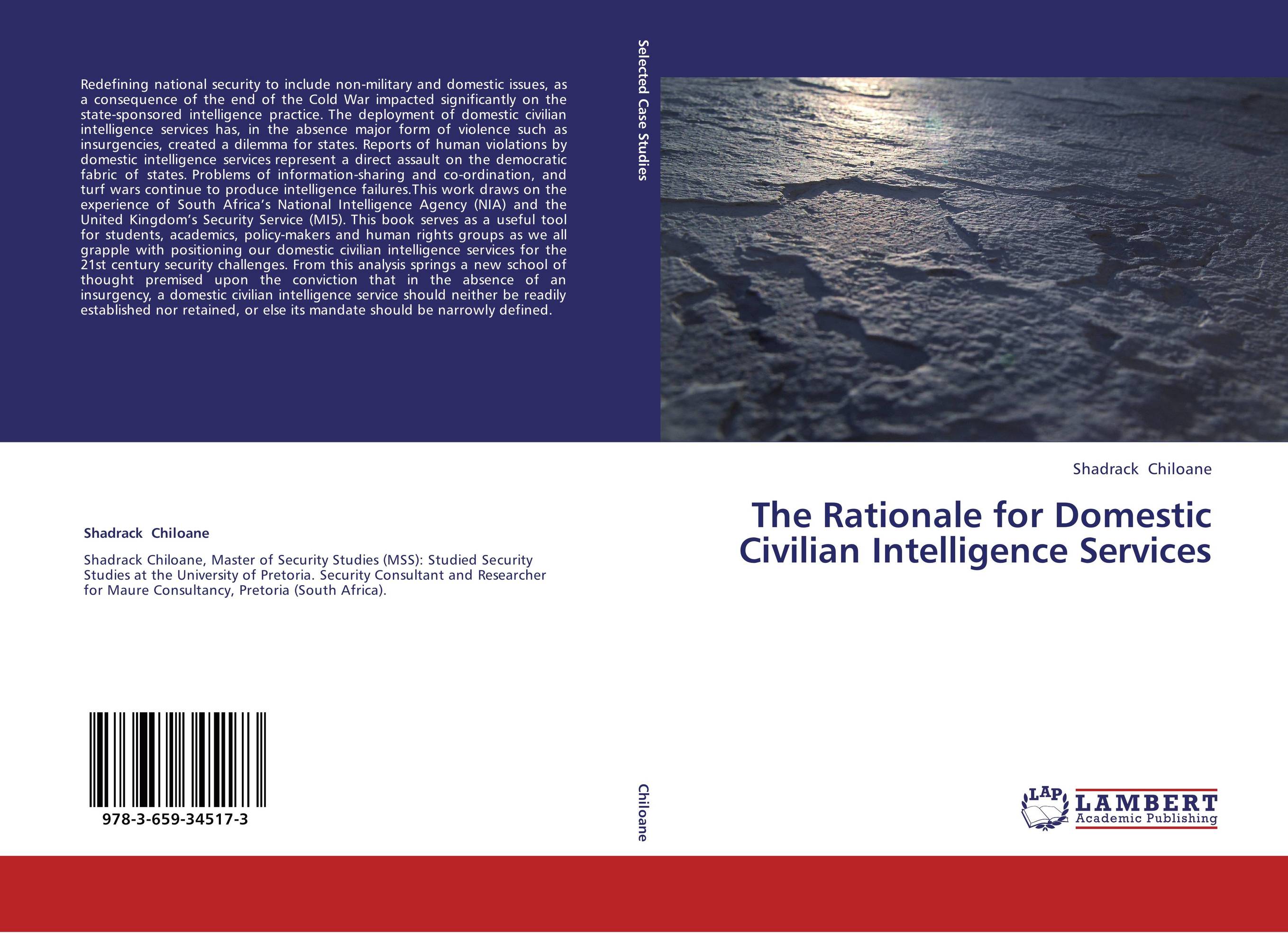| Поиск по каталогу |
|
(строгое соответствие)
|
- Профессиональная
- Научно-популярная
- Художественная
- Публицистика
- Детская
- Искусство
- Хобби, семья, дом
- Спорт
- Путеводители
- Блокноты, тетради, открытки
The Rationale for Domestic Civilian Intelligence Services.

В наличии
| Местонахождение: Алматы | Состояние экземпляра: новый |

Бумажная
версия
версия
Автор: Shadrack Chiloane
ISBN: 9783659345173
Год издания: 2013
Формат книги: 60×90/16 (145×215 мм)
Количество страниц: 128
Издательство: LAP LAMBERT Academic Publishing
Цена: 37490 тг
Положить в корзину
| Способы доставки в город Алматы * комплектация (срок до отгрузки) не более 2 рабочих дней |
| Самовывоз из города Алматы (пункты самовывоза партнёра CDEK) |
| Курьерская доставка CDEK из города Москва |
| Доставка Почтой России из города Москва |
Аннотация: Redefining national security to include non-military and domestic issues, as a consequence of the end of the Cold War impacted significantly on the state-sponsored intelligence practice. The deployment of domestic civilian intelligence services has, in the absence major form of violence such as insurgencies, created a dilemma for states. Reports of human violations by domestic intelligence services represent a direct assault on the democratic fabric of states. Problems of information-sharing and co-ordination, and turf wars continue to produce intelligence failures.This work draws on the experience of South Africa’s National Intelligence Agency (NIA) and the United Kingdom’s Security Service (MI5). This book serves as a useful tool for students, academics, policy-makers and human rights groups as we all grapple with positioning our domestic civilian intelligence services for the 21st century security challenges. From this analysis springs a new school of thought premised upon the conviction that in the absence of an insurgency, a domestic civilian intelligence service should neither be readily established nor retained, or else its mandate should be narrowly defined.
Ключевые слова: Human rights, intelligence, Terrorism, National Security, Human Security, Cold War, Intelligence Community, Domestic civilian intelligence, New Threats, Traditional Threats



